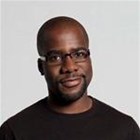
Top stories






More news








Logistics & Transport
Maersk reroutes sailings around Africa amid Red Sea constraints





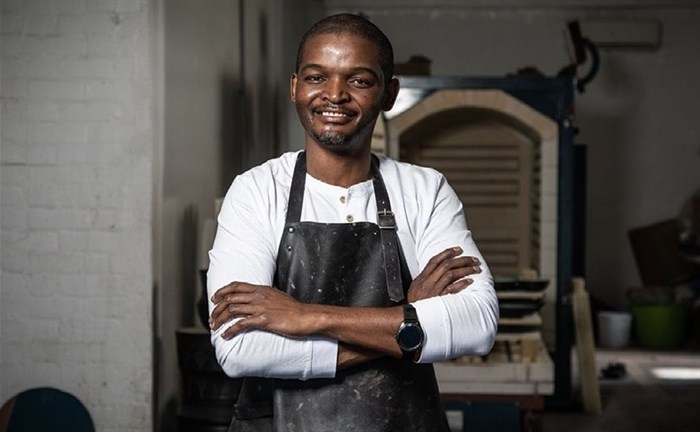
I wanted to be a paediatrician but that didn’t go as planned because of the subjects required and also because my interest changed. I loved art so when I got to high school I went into that.
After I completed my schooling in Port Elizabeth, I was accepted at Nelson Mandela University. That’s where I did ceramic design. I’d never been to a multiracial school before so this was my first time discovering a lot of things and also discovering other people of different backgrounds. I felt like I was in a different place altogether. It opened my eyes to another world so it was a good thing.
The studies were a little hectic and a bit difficult – students would get under a lot of stress because of studying, practical work, and all those things – but on the whole the years for me were an awesome experience. While I was studying I gained a variety of skills. I was able to communicate with new people and also get ideas from whatever others were doing.
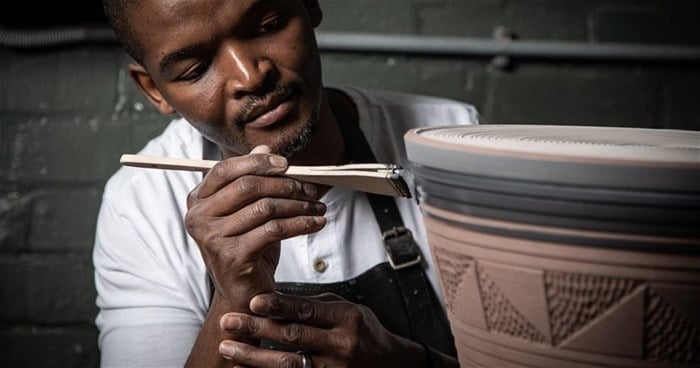
I got a lot of support from my lecturers. They organised so much – my bursaries, school loans, residence, and all those things – and supported me in achieving the marks that I got. I also got a lot of support from the friends that I made. The support structure was always there, whenever I needed it.
One of my lecturers helped me realise that I’d do much better in ceramic design than I would in graphic design or any other part of art. Speaking to me showed me the possibilities. We were also doing everything that you can think of in ceramics. I excelled in throwing, which is spinning clay on the wheel. I learned that skill from my lecturers and it has proven valuable for me, even to this day, because most of my products are thrown on the wheel.
My family has always been supportive of my choices; they have never even once asked me if I did the right thing by choosing art. Parents, spouses, and siblings can doubt that you’ll make money in art (because sometimes you don’t make much) but that’s not been the case for me. Whether I was working for a studio or working for myself, my family has always been supportive and are still supportive of what I’m doing to this day.
At first, working as an artist was difficult because I didn’t know what to expect from people. There were also some bad days when, for example, I hadn’t done what I was supposed to do the way they wanted me to. I like being creative in what I’m doing and just adding my own spin instead of following the exact design that’s been given to me to do, so it was sometimes a challenge to follow orders.
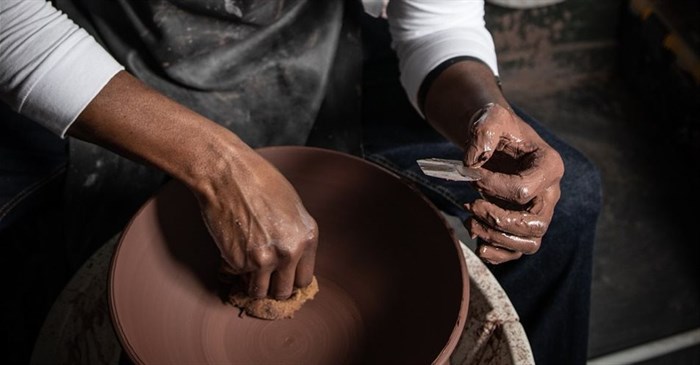
I was roughing it at first, which was a good challenge that gave me a lot of information and knowledge. Later on, I was given more freedom to be creative in what I was doing. They even said that I could create my own work on their premises. That helped a lot in developing my career and my skills as an artist. So even though there were challenges, there were also good things that happened during that time.
What surprised me when I started was that I could do things I didn’t know I could. At school, you’re taught the basic skills and later on when you start working you need to put in your own creativity and mix it together with what you’ve learned. I was surprised that I was able to do some things that came out during that time.
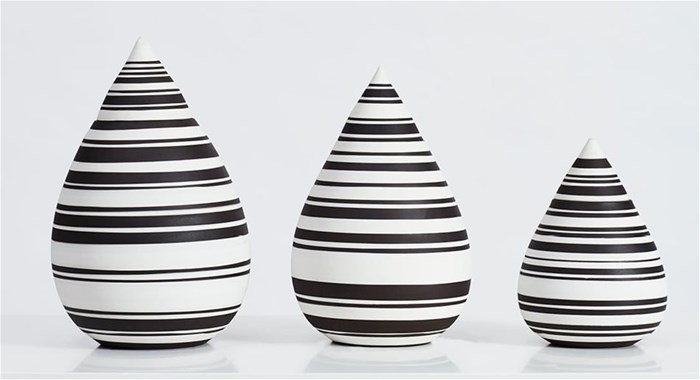
In 2016, I decided to branch out and work for myself. I just wanted to try and see what I could achieve. It’s proven to be good so far and I’m hoping it will continue that way.
